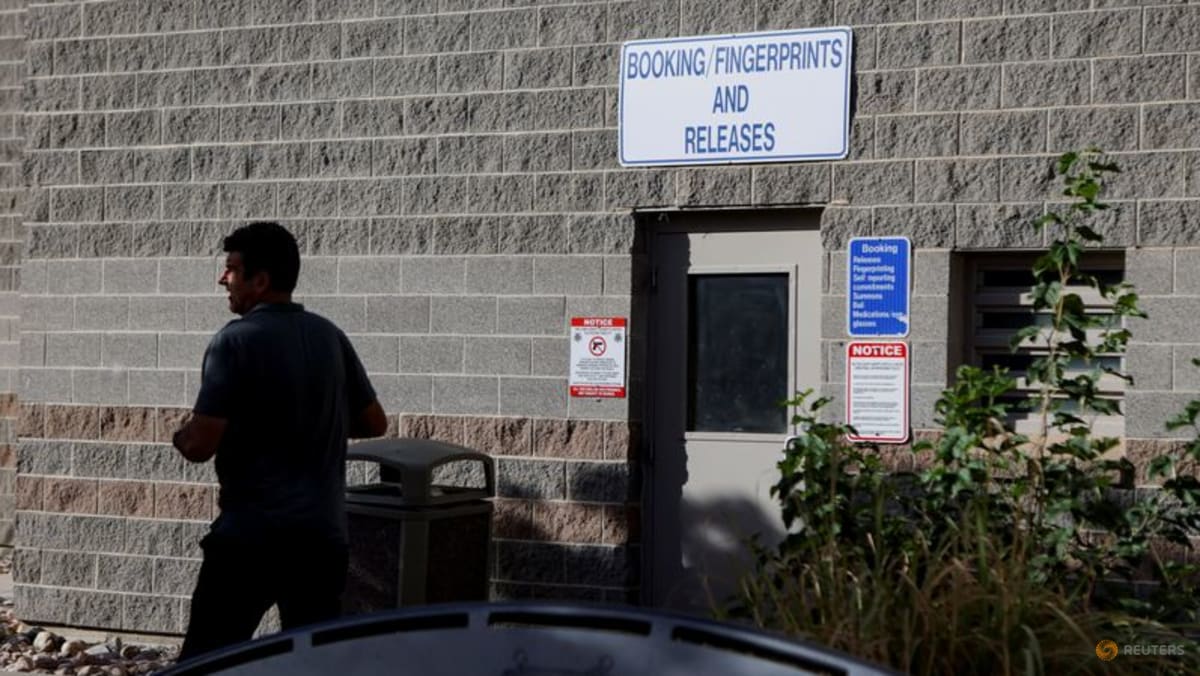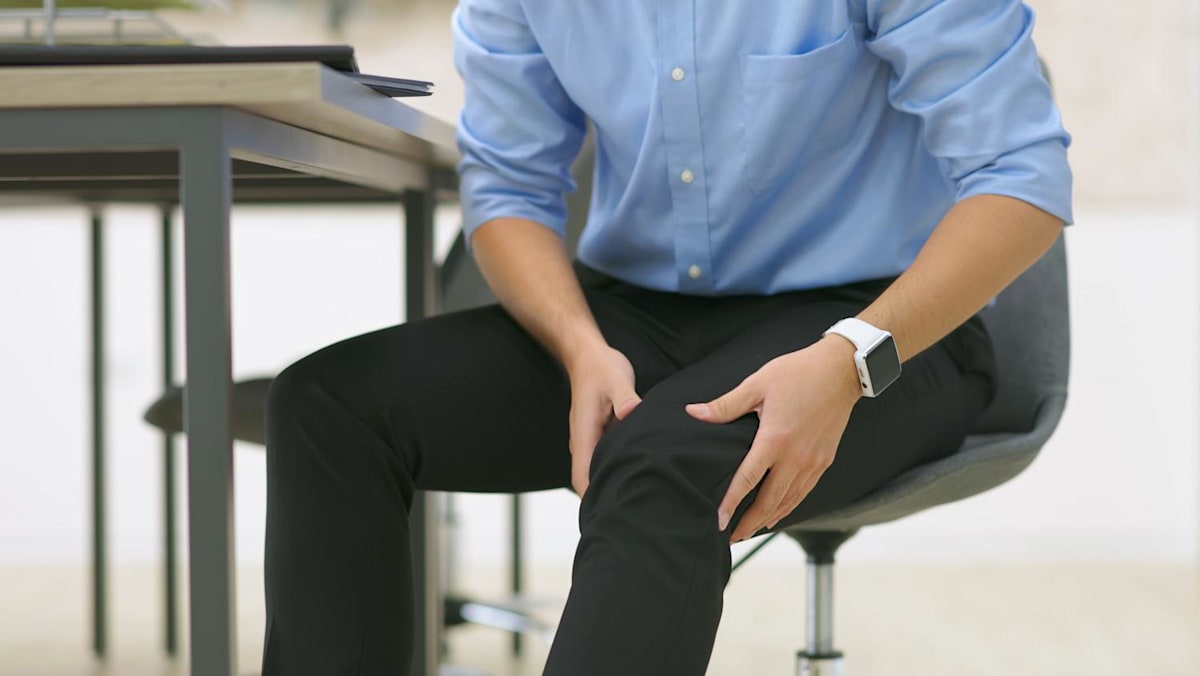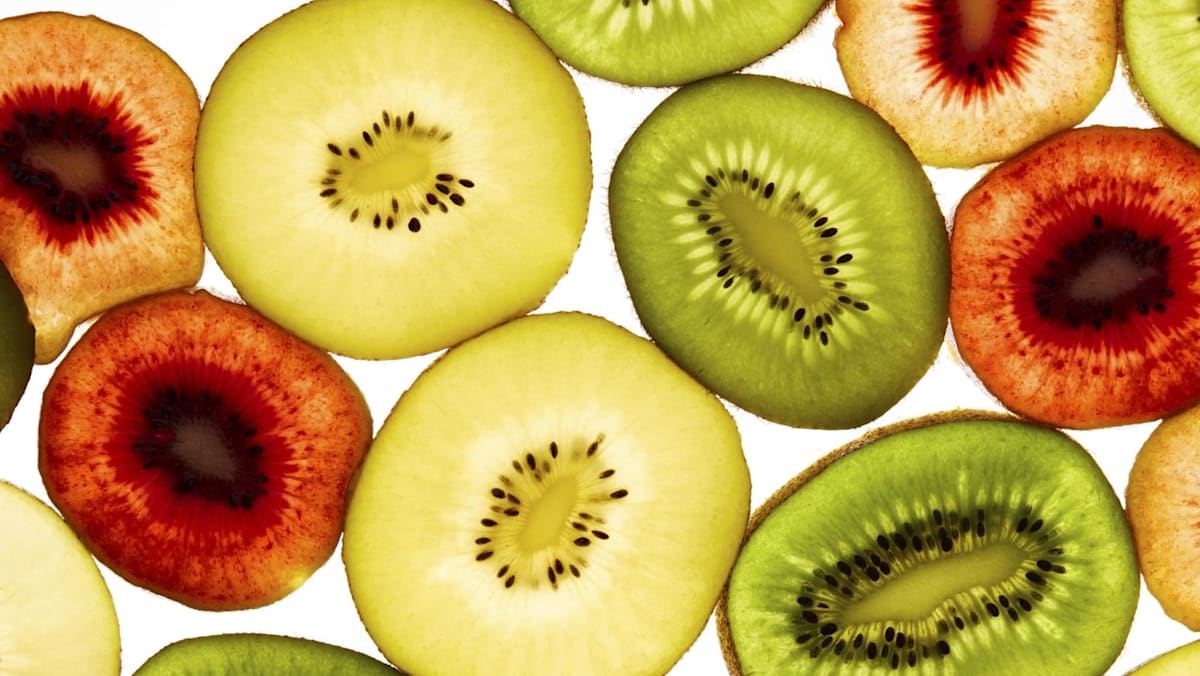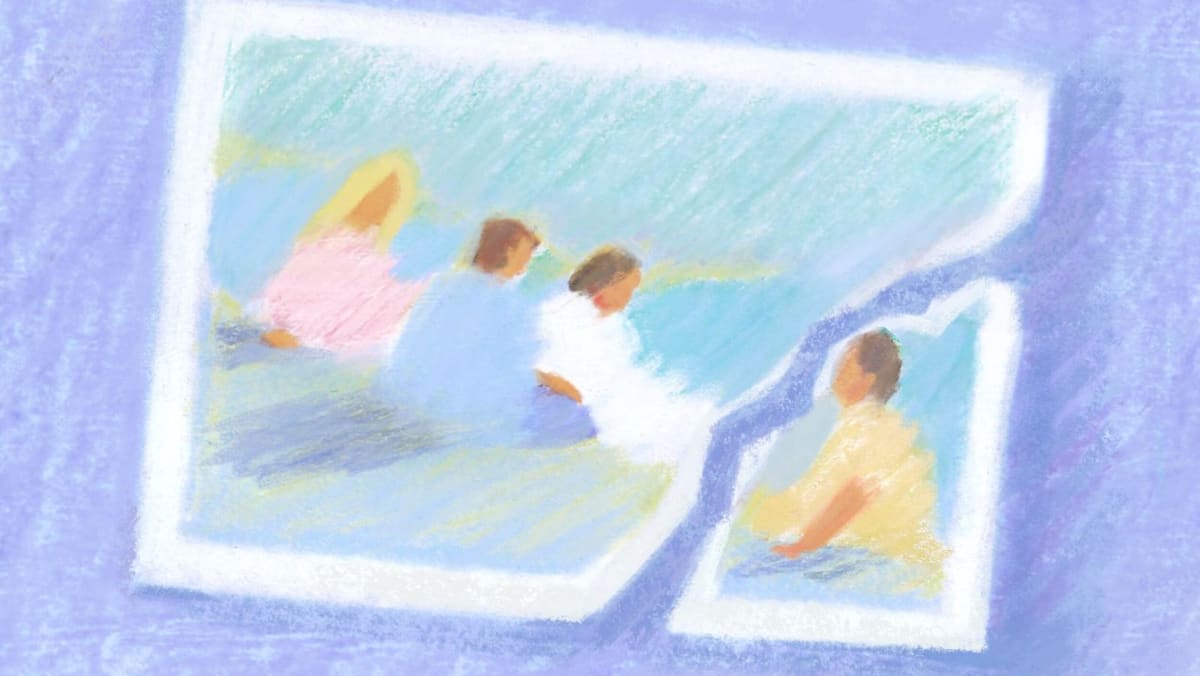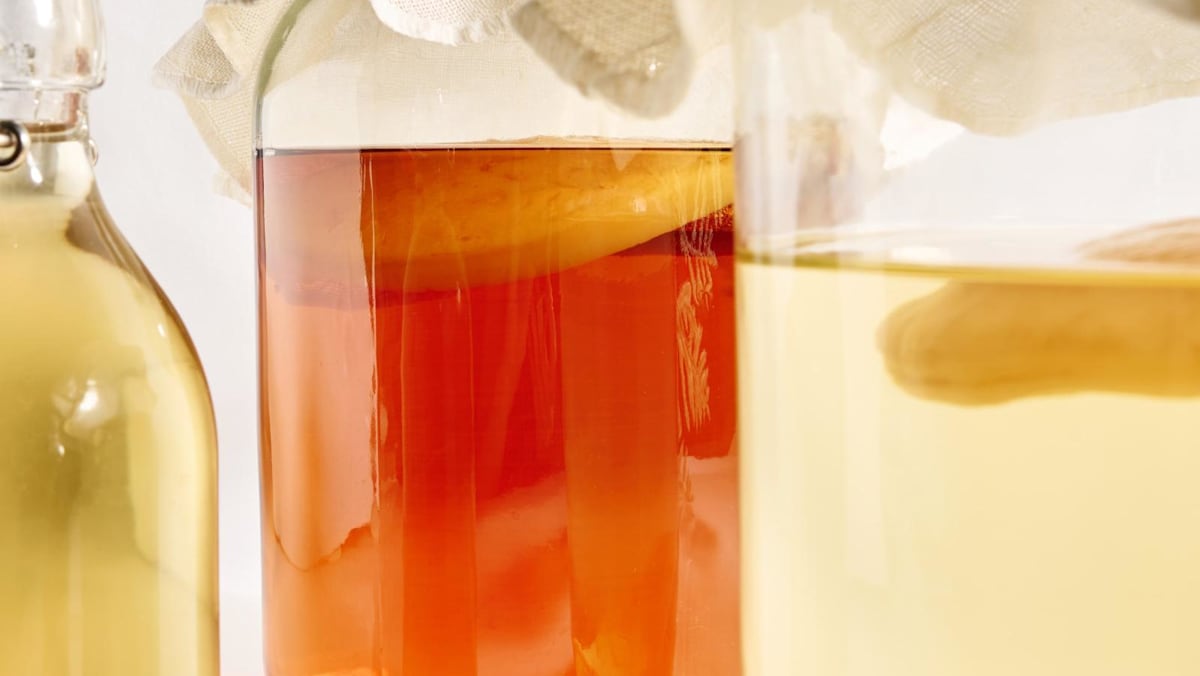Are joints that snap, crackle and pop when you bend them considered unhealthy? Can glucosamine supplements protect them? And what about the things people warn you about such as running?
WHAT’S CAUSING YOUR JOINT TO “CRACK” IN THE FIRST PLACE?
“Often, this sound comes from tiny gas bubbles in the joint fluid (synovial fluid) collapsing or bursting as the joint changes position,” explained Dr Chen. “Sometimes, the sound is due to tendons or ligaments moving over bony surfaces, especially if there’s a change in muscle tension.”
For instance, if your shoulders crack when you raise your arms to shampoo your hair, you could have tendon calcifications in those joints – and the cause of those clicking or grinding sounds. Interestingly, about 20 per cent to 30 per cent of people have a pain-free calcified tendon somewhere in their body. They often don’t require treatment, unless the tendon becomes painful or interferes with function.
In some cases, said Adj Assoc Prof Fareed, rough cartilage surfaces caused by wear or injury can cause a cracking or grinding sound known as crepitus. So yes, the sound could signal that your joint is not as healthy as you think it is.
ARE NOISY JOINTS A SIGN OF EARLY ARTHRITIS?
There are over 100 types of arthritis, but they all mean one thing: Joint inflammation, said Dr Chen. The most common form of arthritis is osteoarthritis, which is caused by the age-related wear-and-tear of joint cartilage, he said.
As for the oft-heard “rheumatism” or rheumatoid arthritis that you often associate with the elderly, said Dr Chen, it is caused by an autoimmune condition attacking the joint lining – and not by cold drinks, cold showers or rainy weather.
Regardless of arthritis type, the symptoms include pain, stiffness (especially in the morning or after sitting), swelling or warmth, and reduced movement, said Adj Assoc Prof Fareed.
But is painless joint cracking – without the abovementioned symptoms – a sign of arthritis or an impending one? “Painless cracking does not cause or predict arthritis,” said Adj Assoc Prof Fareed. “Many healthy joints pop or click occasionally,” added Dr Chen.
WHAT CAN INCREASE THE CRACKING AND POPPING SOUNDS?
If you have previous significant joint injuries, said Adj Assoc Prof Fareed. You are also more likely to have joints that sound like percussion if you have a family history of arthritis, are above the age of 50, or overweight.
